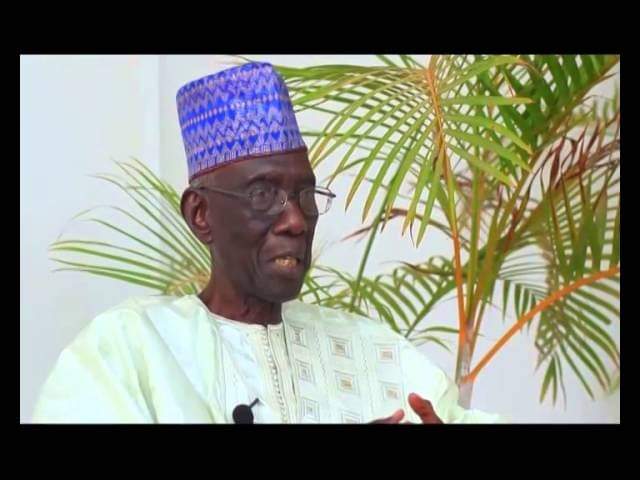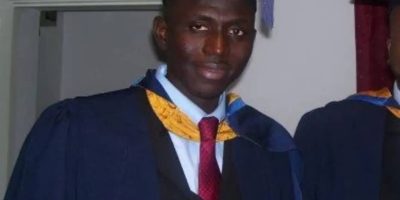By Sarjo Bah
The national broadcaster which was initially known as Radio Gambia, before it was revamped and rebranded GRTS, last weekend celebrated sixty years since it began broadcasting.

Alh. Mansour Njie

Alh. Lalo Samateh

Ebrima Cole
The celebrations, which have largely been low-key around the nation, reached another level on social media as current and ex- staff members took to memory writing on how GRTS has evolved and its place in the nation’s media landscape.
Writing on his Facebook page, human rights activist, Madi Jobarteh vividly recalled how he cut his journalism teeth at Radio Gambia in 1992 fresh from high school. He gave a detailed reflection on how he worked so hard to understand and learn from the regular reporters, editors and veteran radio announcers, most of whom have since expired to the next world.
“Equally fascinating to me were the signature tunes that would introduce programs such as ‘the one o clock news’ or the news at 10 or various programs about women, religion or culture. The tunes of Lalo Kebba Drammeh, Fabala Kanuteh and the many players and singers of kora, ritti and xalam as well as Boukarabou and mbalax were among my favorite of Radio Gambia’’ recalled Madi Jobarteh, whose commentary has generated a positive feedback from mostly light minded staff members of GRTS.
Alhaji Essa Jallow, who was a colleague of Madi in the 1990s at Radio Gambi one of the senior managers at the national broadcaster, said: “Not much to add to this. I would also like to say Radio Gambia staff are eyewitnesses to Gambian history. From independence to all the general elections, the installation of chiefs, the 1981 abortive coup in which a staff was tragically killed, the day former president Jawara announced he was going to stand down, to the 1994 coup, Radio Gambia was at the thick of it all.
Baboucarr Camara, who is a managing editor at GRTS radio said these gallant men and women have inspired generations. We are indebted to their sacrifices and hard work to the country before self and family.
Esau Williams now working for the BBC described Madi’s piece as an ode to Radio Gambia, saying the national broadcaster used to be staffed by great colleagues who worked on fascinating reports and programmes.
As the national broadcaster celebrates sixty years, many people believe GRTS has lost its valor which can be attributed to several factors, going by the rave reviews on social media relating to the celebrations, one can say without any doubts that the steep decline the public broadcaster is going through has been felt by the audience.




Ma sha Allah great and thanks for sharing